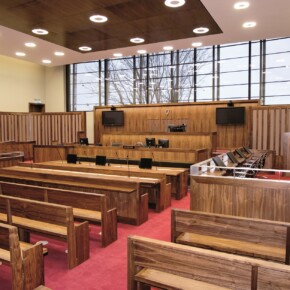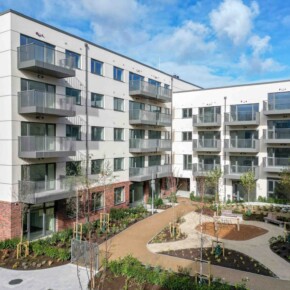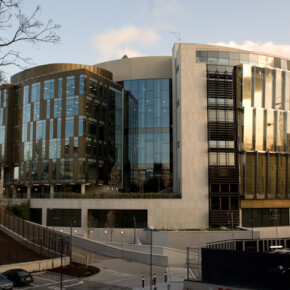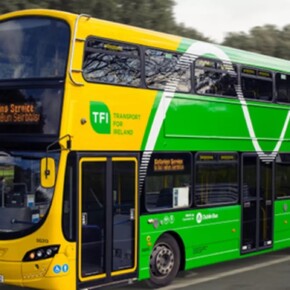Travellers highlight concerns
Dublin People 25 May 2018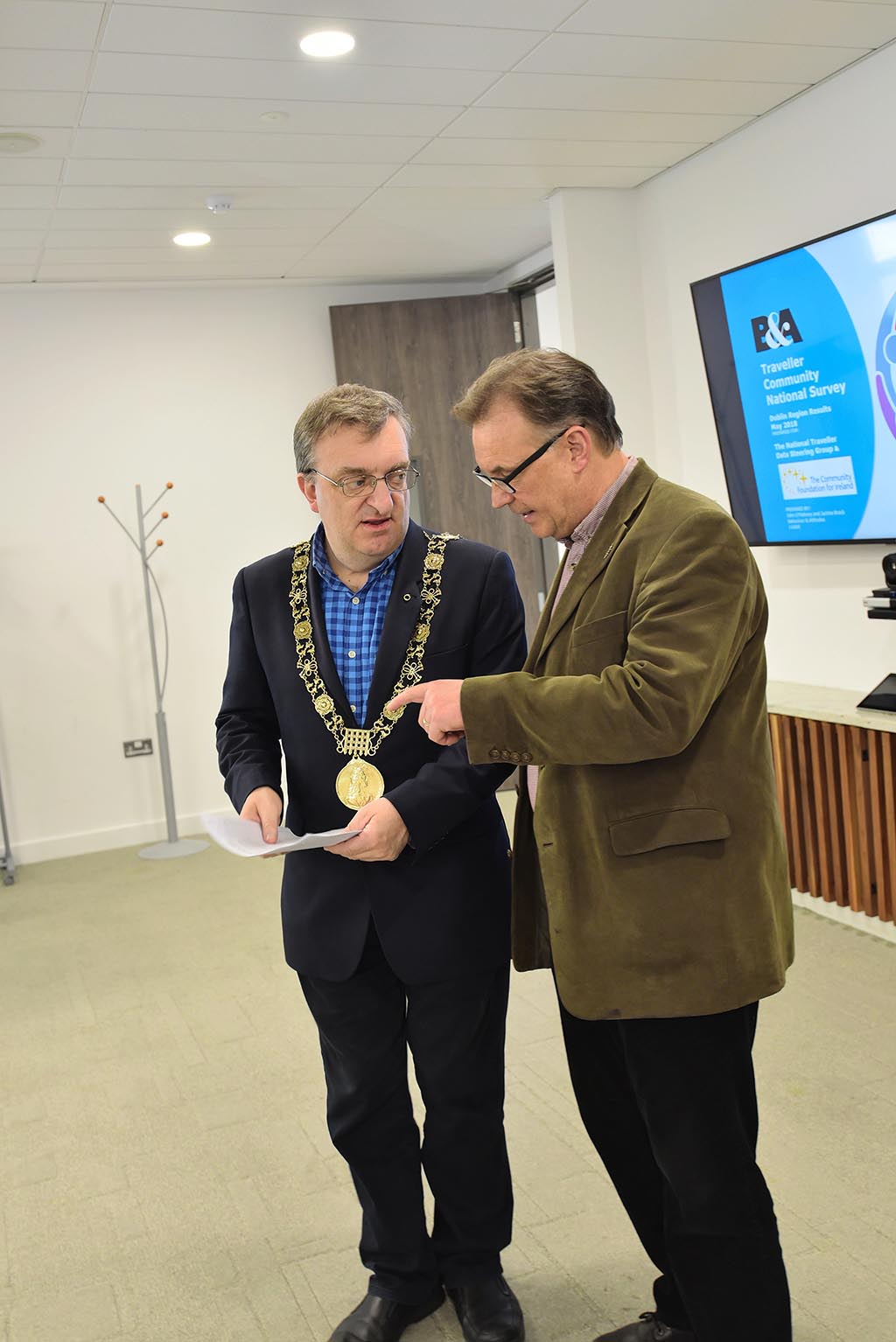
Orla O’Driscoll
OVER 90 percent of Dublin-based Travellers have been affected by suicide and more than 60 percent say their mental health has worsened over the last five to 10 years, according to a new report.
The figures are stark. Over 50 percent of Travellers say they have experienced discrimination. However, one advocate says it’s not occasional and it's constant, with discrimination a part of the driving force of suicide.
Kathleen Lawrence, from Donabate, is a 32-year-old Traveller with an honours degree in Sociology and law. “I’m proud to be Irish most of the time, but I’m always proud to be a Traveller. However, being a Traveller isn’t easy,” she told Northside People.
Social, societal, and educational discrimination, as well as poor mental health, were highlighted in the report commissioned by Behaviour & Attitudes Market Research on behalf of National Traveller representative organisations.
The report reveals that five out of 10 Travellers have encountered obstacles when accessing employment.
Lawrence says she has experienced discrimination.
“In the workplace, in school, I have experienced discrimination. There are a lot of factors involved. Sometimes in a social setting a Traveller will overcompensate to avoid being judged even when they are paying for a service,” she says.
Award winning actor John Connors (28), from Coolock, says discrimination is endemic.
“Every Traveller I have ever met has experienced a lot of discrimination throughout their lives. From the education system, to socialising, every form of discrimination you can imagine. People would not believe the level of discrimination. It’s worse now than it’s ever been.”
Only 17 percent of people in the national population survey, commissioned simultaneously, said they would employ a Traveller, and almost 80 percent of Dublin Travellers said Travellers change their presentation and behaviour to fit in more.
Connors says the lack of opportunity and bias means getting a job is extremely difficult.
“If you can’t get a job to provide for your family, there is a perception that you don’t want to work and that just isn’t true,” he says.
Connors says this type of discrimination leads to poor mental health.
“It just comes in on you, it makes you feel worthless,” he says.
“Travellers are the proudest people in the world on the exterior, but when you are facing this, you start to internalise it and you begin to feel, if not shame, then hatred, and I don’t know which one is worse.
“And this can manifest into terrible things. Suicide is 100 percent one of those feelings.”
Less than 30 percent of Travellers in Dublin would know how to deal with a person with mental health issues, according to the report.
Lawrence says she knows people who are still in jobs who are listening to verbal abuse all the time.
“They hear people being called ‘knacker’, and listening to bad talk about Travellers every day, and they have no choice but to stay, because working there is the only way to keep bread on the table, so they keep their mouth shut,” she adds.
“And this begs the question: does living like that cause mental health issues? Of course, it does.”
Connors has spoken about contemplating suicide and how acting helped him.
“They say that 11 percent of Travellers die by suicide,” he says.
“I say it’s more like 20 percent. This is an epidemic. People in war torn areas have a lesser percentage of suicide than that.”
He notes change could be achieved if the Government and local authorities supported Travellers.
“Building more Travellers sites and upgrading existing ones would be a huge thing, but the councils don’t spend their money.”


